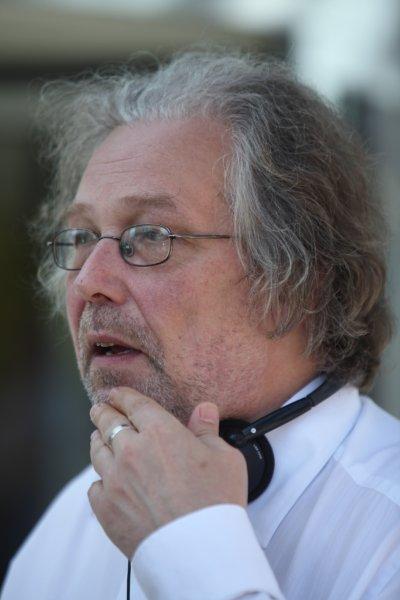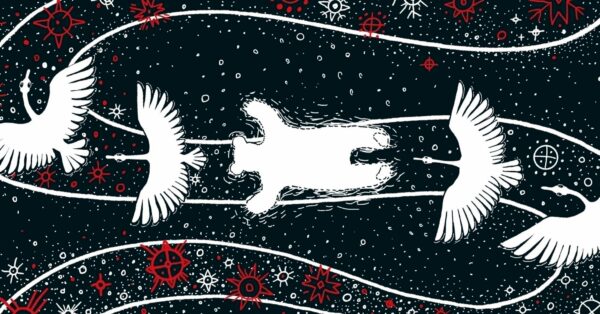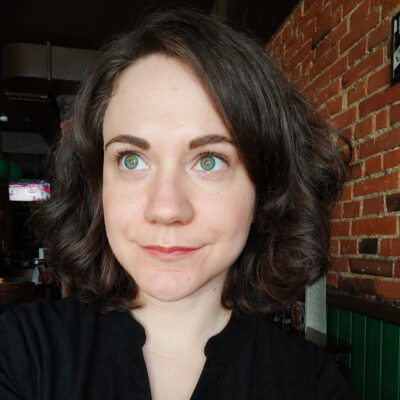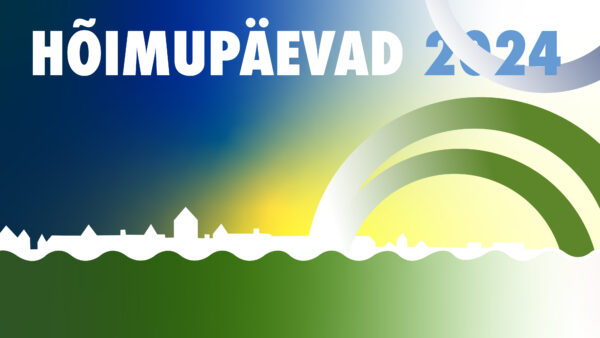Andres Heinapuu 70
16 March was the birthday of Andres Heinapuu, one of the founders of Fenno-Ugria (1991).

Andres Heinapuu graduated in Estonian philology from the University of Tartu, has worked as a bibliographer at the National Library and as a consultant at the Estonian Theatre Union. He was a member of the Riigikogu from 1992-1995.
Andres Heinapuu has had several passions in bibliography, politics, as well as theatre criticism. The greatest of these passions, however, has been his interest in kindred peoples. Based on this interest, Andres has been one of the founders of the Estonian-Saami Association (1988) and the Estonian Uralic Society (1989). In 1993, he founded the Information Centre for Finno-Ugric Peoples, which he directed until 2006.
Andres Heinapuu has not just been one of the founders, he has been a source of strength and advice both in writing the statutes of the organisations and in managing them. For a long time he has been a member of the board of almost all of the above organisations. In addition, his activities have had an international dimension, as from the beginning, that is, from 1993 until 2021, he was the representative of Estonians in the Consultative Committee of Finno-Ugric Peoples. In 2004, he was the main organiser of the 4th World Congress of Finno-Ugric Peoples in Tallinn.
Thanks to Andres’ active editing, both the Russian and the English-language newsletters ‘Finno-Ugric Contacts’ were published for a long time, as well as the Fenno-Ugria newsletter, of which he was the editor-in-chief. It is worth mentioning that Andres has written a number of articles on the Finno-Ugric peoples, their culture and situation in our periodicals. He has been interested in political processes among the Finno-Ugric peoples, and especially in the theatrical life of the Finno-Ugric peoples. For many years he was a member of the jury of the Finno-Ugric theatre festivals, but he has also been one of the main organisers of the theatre festival.
Andres has made it a priority to support Finno-Ugric peoples, while stressing that we need to be equal cultural partners to them, not elder brothers. But how can we value the culture of the Finno-Ugric peoples – embracing the ancient and the indigenous, but using modern technologies or manifestations of modern culture? From this debate, he was one of the originators of the manifesto on ethnofuturism and a major organiser of several ethnofuturist conferences in the 1990s.
In recent years, he has sought to somehow lessen his role in the Finno-Ugric movement, for example by writing his title – Voluntary Servant of the Uralic Peoples – on an opinion piece published on the ERR portal in 2022. In fact, Andres’ contributions to the Finno-Ugric movement are very great and the ‘ploughed’ furrows deep. Even today, he continues to ‘plough’, organising the library of Fenno-Ugria and acting as scribe of the organisation of Estonian Native Faith, Taara- ja Maausuliste Maavalla Koda.
Many, many congratulations and good health!
Fenno-Ugria


